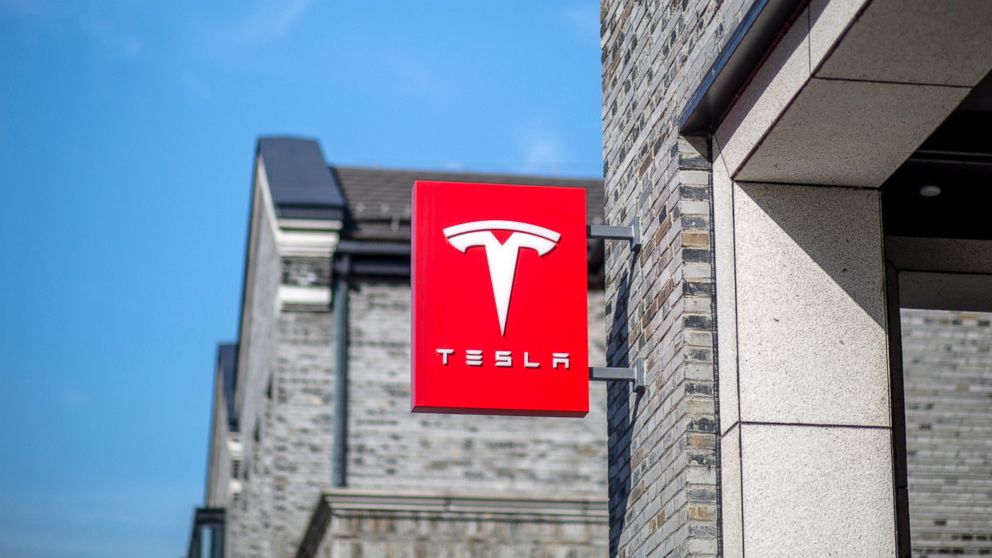Driver in Fatal Tesla Crash Shared Autopilot Videos on YouTube
— -- The circumstances surrounding the death of a Tesla driver while using autopilot were "extremely rare," according to the automaker, but the incident is raising questions about whether self-driving technology really is safer.
Tesla and the U.S. National Highway Traffic Safety Administration confirmed on Thursday the autopilot feature was undergoing a preliminary investigation following the crash.
Investigators looking into the death of Joshua Brown, 40, will probe whether the semi-autonomous technology performed according to expectations. It was a feature Brown had used plenty of times before the fatal May crash.
Brown, a former Navy SEAL, ran a YouTube channel where he posted two-dozen videos showing the autopilot feature in his Model S. One video posted two months ago titled "Autopilot Saves Model S" has racked up nearly 2 million views. Taken from the vantage point of Brown's dashboard, the video shows how the car avoided a near side-swipe from a truck.
Brown's death is the first known fatality in more than 130 million miles driven with autopilot activated, according to Tesla. Since July 2010, Brown accumulated eight speeding violations plus one failure to obey a traffic sign in Virginia in 2012, according to Ohio’s Bureau of Motor Vehicles. However, neither Tesla nor NHTSA has yet cited speed as a factor in Brown's fatal accident.
'Extremely Rare' Circumstances of Accident
On May 8, Brown was driving on a divided highway in Florida using autopilot when a tractor-trailer drove across the highway perpendicular to the Model S, according to a statement released by Tesla and the police report.
"The high ride height of the trailer combined with its positioning across the road and the extremely rare circumstances of the impact caused the Model S to pass under the trailer, with the bottom of the trailer impacting the windshield of the Model S," the statement said.
Tesla's autopilot radar tunes out things such as overhead road signs in order to avoid "false braking events," Tesla CEO Elon Musk said on Twitter. Neither Brown nor the autopilot system noticed the white side of the high ride tractor-trailer in the bright sky, the company said.
The automaker said it informed federal authorities as part of its standard procedure following the crash and noted the preliminary investigation is to determine "whether the system worked according to expectations."
Autopilot Safety
When the Tesla autopilot is activated, it reminds drivers to "always keep your hands on the wheel. Be prepared to take over at any time."
"The system also makes frequent checks to ensure that the driver's hands remain on the wheel and provides visual and audible alerts if hands-on is not detected. It then gradually slows down the car until hands-on is detected again," Tesla said in a statement.
Rebecca Lindland, senior analyst at Kelley Blue Book, told ABC News that using the new technology is "akin to being a voluntary test pilot."
"These things are going to happen as we move into this era of autonomous vehicles," she said. "I would imagine the same kind of discussion occurred when people were killed in the first cars and planes. Mobility is not without risk."
The company has made it clear to drivers the technology isn't perfect and the driver should always still keep his or her hands on the wheel.
"Autopilot is getting better all the time, but it is not perfect and still requires the driver to remain alert," the company's statement said. "Nonetheless, when used in conjunction with driver oversight, the data is unequivocal that Autopilot reduces driver workload and results in a statistically significant improvement in safety when compared to purely manual driving."
ABC News' Jeffrey Cook contributed to this report.




